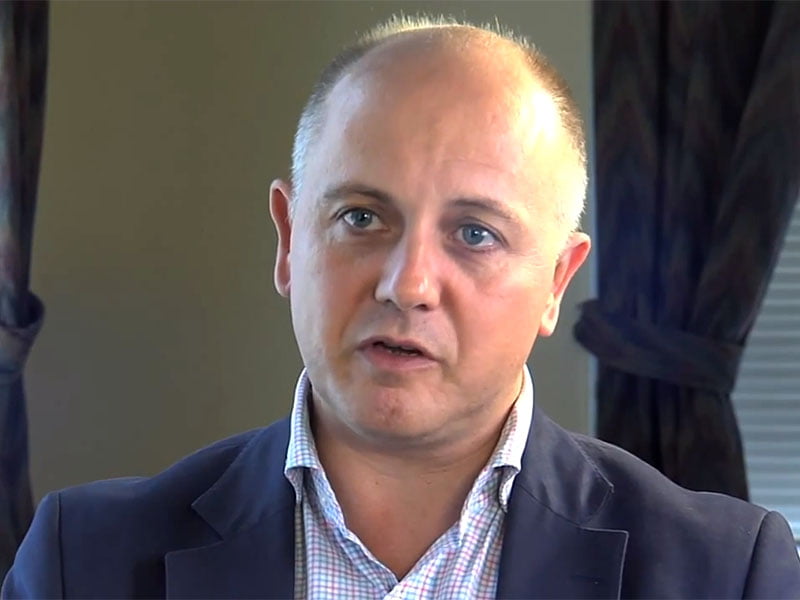More than 2.5 million people opted out of My Health Record, equating to nearly 10 percent of all Australians eligible for the controversial system.
The Australian Digital Health Agency provided an update on the MHR opt-out period during a senate estimates hearing on Wednesday afternoon. ADHA chief executive Tim Kelsey confirmed that 2,517,921 people opted out of having a MHR by the end of January.
That equates to 9.9 percent of eligible Australians. Just over 90 percent of the population having a MHR is inline with government expectations for the opt-out period, Mr Kelsey said.

But in an earlier trial of a MHR involving 1 million people, only 1.9 percent of participants opted out. According to the ADHA’s submission to a senate inquiry into MHR in September last year, the opt-out rate in Austria’s equivalent digital health system was about 3 percent.
At the hearing, Mr Kelsey said there was not any international comparisons he could point to because Australia is “leading the field”.
“We work very closely with international partners. There really are many, many countries offering services where individuals are able to offer digital health, but none like Australia, which is personally controlled. There really isn’t a comparison for a similar opt-out rate in a similar scheme, but there’s a lot of international interest,” he said.
The opt-out period was originally meant to last for three months, beginning in mid-July, but was extended by the Senate until the end of January after ongoing concerns surrounding privacy and data security.
The federal government was also forced to introduce new legislation requiring that those who decide to cancel their MHR will be able to have their records permanently deleted.
The estimates hearing was told that individuals cancelling their records after this change will have their data immediately wiped, but those who already had a MHR record will have to wait up to 90 days until their record is deleted.
There are still significant concerns around the reliability and security of the data stored on MHR, as demonstrated by the large number of Australians that have chosen to opt-out of the system.
There are worries that the system could act as a “honeypot” for hackers, with a wealth of valuable and sensitive personal data on individuals.
Former Digital Transformation Office boss Paul Shetler has said that MHR is already “obsolete” and requires a “fundamental rethink” to make it workable.
“There are much better ways of doing this than the way they envisioned it. It’s completely out of date, and it’s fundamentally not digital. It’s going to wind up being so incredibly obsolete and so expensive, and yet mandatory and incomplete,” Mr Shetler told InnovationAus.com.
“What the hell are they thinking? It’s time for a fundamental rethink of the whole approach.”
Digital Rights Watch board-member Lizzie O’Shea has previously said that Australians should consider opting out of the system.
“We are worried about the pressure from industry to access health information, which may happen under future governments. We are also worried about security, given that hundreds of organisations and individuals can access records because of the way it is designed, in circumstances where there may not be good security practices at these access points,” Ms O’Shea told InnovationAus.com.
Do you know more? Contact James Riley via Email.

